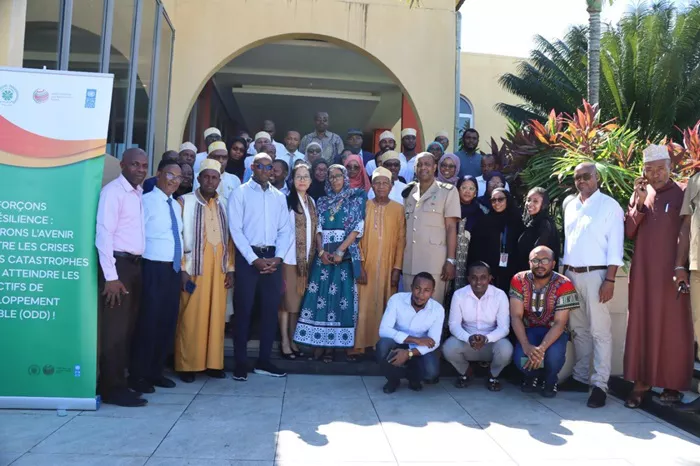The United Nations Development Programme (UNDP) has launched a comprehensive study aimed at improving Thailand’s approach to inclusive insurance and risk finance. The “Country Diagnostic on Inclusive Insurance and Risk Finance for Thailand,” developed under a Tripartite Agreement between UNDP, the Insurance Development Forum (IDF), and the German government, focuses on identifying key gaps and opportunities for collaboration on risk finance in the country.
The diagnostic reviews the country’s vulnerability to natural disasters, particularly those exacerbated by climate change, and explores how insurance can play a crucial role in building resilience. Thailand is one of the most flood-affected countries globally, as highlighted in the 2021 Climate Risk Country Profile. It ranks ninth in the Germanwatch Global Climate Risk Index for weather-related loss events.
Thailand faces significant risks to its development, from climate disasters to economic uncertainties. Despite efforts such as the Disaster Prevention and Mitigation Act (2007) and related disaster risk management plans, Thailand struggles to integrate disaster risk into budget planning and has low insurance coverage across both life and non-life sectors.
UNDP’s new study aims to guide Thailand towards better risk management by increasing insurance penetration, especially for vulnerable populations. The findings also stress the need for stronger collaboration between government bodies, insurance organizations, and other stakeholders to address disaster-related risks more effectively.
Related Topics:
Saudi Arabia Updates Health Insurance Guides
Direct Line Chasing Over Dead Uncle’s Car Insurance
Florida’s Property Insurance Reforms Showing Positive Impact

